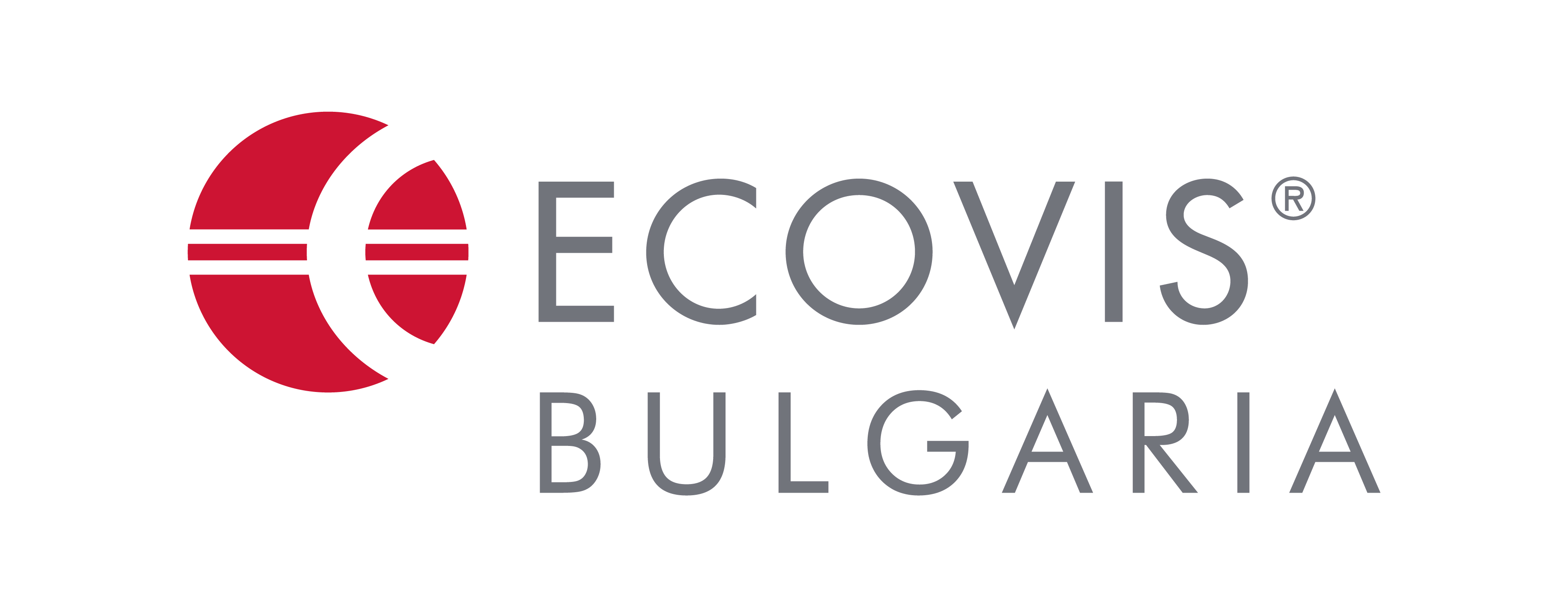
How much does supplemental health insurance cost?
Ecovis | 20 August 2024
If you're looking for the answer to "How much does supplemental health insurance cost?", you've come to the right place.
As you probably know, there are two types of basic health insurance in Bulgaria - compulsory and supplementary. The compulsory one, each of us pays for on our own once we reach the age of majority (age 18).
In contrast, supplementary health insurance is provided by private insurance companies and builds on the compulsory one.
Supplementary insurance is one way to get adequate and timely medical care when we need it.
So how is it determined how much supplementary health insurance costs? That's what you'll learn in the next lines of Ecovis Bulgaria's article!
How much does supplemental health insurance cost?
If you are wondering "how much does supplemental health insurance cost?", the answer is not clear-cut. The cost of this insurance varies greatly depending on a multitude of factors.
It can be determined by the age of the insured, the type of health insurance company chosen, and the coverage the policy provides.

In Bulgaria, prices for supplementary health insurance can start at around 15 BGN per month and go up to 70 BGN, depending on the plan and services provided.
This may include various medical services such as check-ups with specialists, hospital treatment, laboratory tests, etc.
How is the cost of supplementary health insurance determined?
The cost of supplemental health insurance is based on several key factors.
First, the age of the insured person is essential. Both if you are a company and if you are a freelancer.
If you're a company looking to insure your employees, more insured individuals means a smaller amount to insure.

The ratio of women to men in the company is also important. Last but not least, a health insurance company is also likely to set a different price. Insurance companies offer different packages of services that may include basic check-ups, hospital treatment, medication, etc. The type of coverage is also crucial - whether you want a basic package or an extended coverage that covers a wider range of medical services. For a more accurate calculation of the cost of supplemental health insurance, we recommend contacting accounting and auditing experts.
What are the benefits for insured persons? | How much does additional health insurance cost
Supplemental Health Insurance brings multiple benefits to the insured. Firstly, it provides peace of mind and security that if medical care is needed, costs will not be prohibitive.
Many of the packages include expensive check-ups and tests, which saves no small amount on the cost of treatment.
Being able to use the services of the best doctors and hospitals is also a major advantage. Supplementary health insurance may also include cover for medicines and other services that are not part of the compulsory health insurance in Bulgaria.
Thus, instead of relying only on state insurance, which is often limited in coverage and quality of services offered, you can secure better health care and personal attention.
What are the benefits for businesses?
When companies ask themselves "How much does supplementary health insurance cost?" it is good to think about the benefits it will have for their employees.
Supplementary health insurance is a way to increase staff satisfaction and motivation.
Employees in good health are more productive and less likely to be absent due to illness, which has a positive impact on business performance.

In addition, employees do not waste time waiting for referrals, but directly use medical care with a specialist with a pre-booked appointment. This in itself means they will be absent from work less.
The ability to attract new staff is also no small advantage. Supplemental health insurance is a competitive advantage in attracting new employees.
Many companies in Bulgaria now include supplementary health insurance as part of their social package to demonstrate concern for the welfare of their employees.
Last but not least, companies that offer supplementary health insurance benefit from tax benefits under the Corporate Income Tax Act (CITA) Article 19, paragraph 2.
Types of Supplemental Health Insurance Plans
There are several types of supplementary health insurance plans in Bulgaria, each of which meets different needs. Individual health insurance plans are designed for those seeking additional coverage outside the national health insurance fund (NHIF). These plans usually include options such as private hospital care, specialist consultations and cover for elective procedures.
Family health insurance plans provide cover for several family members under one policy. These plans often offer cost savings compared to purchasing individual policies for each member. Depending on the package chosen, coverage under family plans may include general health services, dental care and even pediatric care.
Corporate health insurance plans are another popular option, especially for businesses looking to provide health benefits to their employees. These plans typically offer broad coverage including preventive health services, rehabilitation and mental health support. Corporate plans are a key employee benefit that helps attract and retain talent.
When choosing a plan, it is important for both individuals and businesses to consider how much supplemental health insurance costs. The cost varies depending on factors such as the level of coverage, the size of the insured group and the additional services provided.
Challenges | How much does supplemental health insurance cost?
One of the main challenges facing supplementary health insurance in is its affordability. Although some plans offer broad coverage, the cost can be prohibitive for many people. Lower-income individuals or retirees often have difficulty paying premiums. This limits access to improved health services, especially for vulnerable groups. Employers can cover these costs for employees, but the self-employed must bear the entire burden themselves.
Another problem is the difference in coverage of different policies. Not all supplementary health insurance plans cover every treatment or service. This can lead to unexpected out-of-pocket costs for the insured. Policy holders may be required to pay additional fees for specific treatments, drugs or specialist care that are not covered by their plan.
Unawareness of supplemental health insurance also poses a challenge. Many Bulgarians are not fully informed about the benefits or potential gaps in coverage. This often leads to underinsurance or the selection of inappropriate plans. Transparency in the insurance market remains a concern and consumers may find it difficult to compare policies effectively.
Taking these challenges into account, people need to consider how much supplementary health insurance costs and whether the benefits are in line with their health needs and financial situation.
What are the benefits for insurance companies? | How much does supplemental health insurance cost?
There are also benefits for insurance companies. First, they receive a steady income from the premiums that customers pay. This is especially important in a competitive environment where many companies are fighting for market share.
Insurers can develop and offer new products and services adapted to the needs of different customers. In the long term, successful health risk management can lead to lower costs for paying out insurance benefits, which in turn increases the profitability of companies.
Insurance companies play an important role in improving the general health status of the population by offering better access to quality medical services.
How can we get additional health insurance? | How much does supplemental health insurance cost?
According to the Health Insurance Act, the main role of supplementary health insurance is to build on compulsory health insurance. This means that health insurance companies must cover services that the National Health Insurance Fund (NHIF) does not offer and extend the basic package of medical services.
Although the NHIF theoretically provides all necessary services, in practice funding is often insufficient.

This is where private health funds come in, filling the gap by offering preventive and outpatient care, additional coverage in hospital care and compensation for medicines.
Supplementary health coverage is in most cases offered in the form of health insurance. It is implemented through a contract between the insured person and the chosen insurance company.
According to this contract, the insurance company undertakes to cover the cost of medical services in the event of certain events that are described in the contract. The financial security is up to the amount specified in the contract.
 Make an inquiry
Make an inquiry